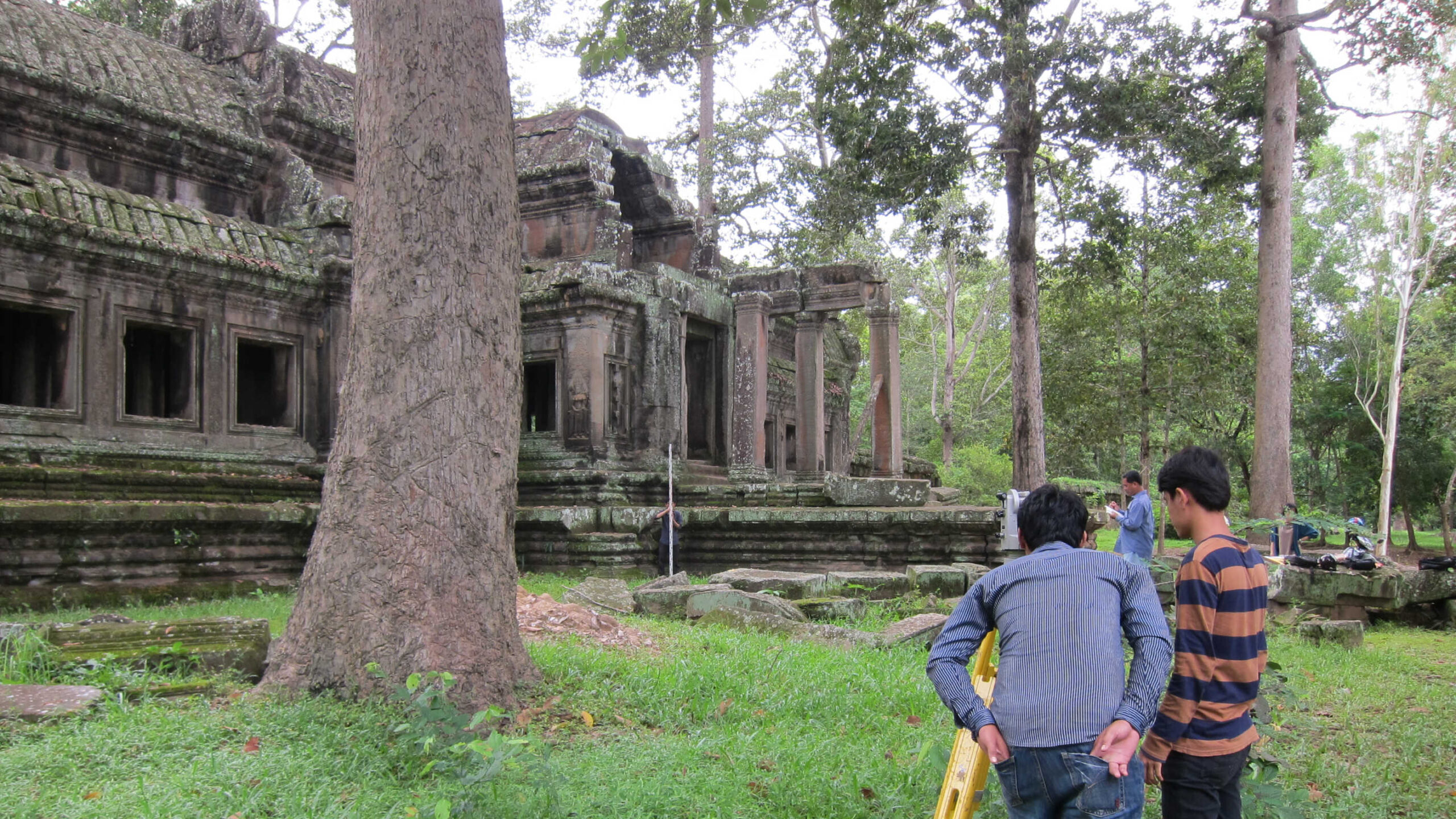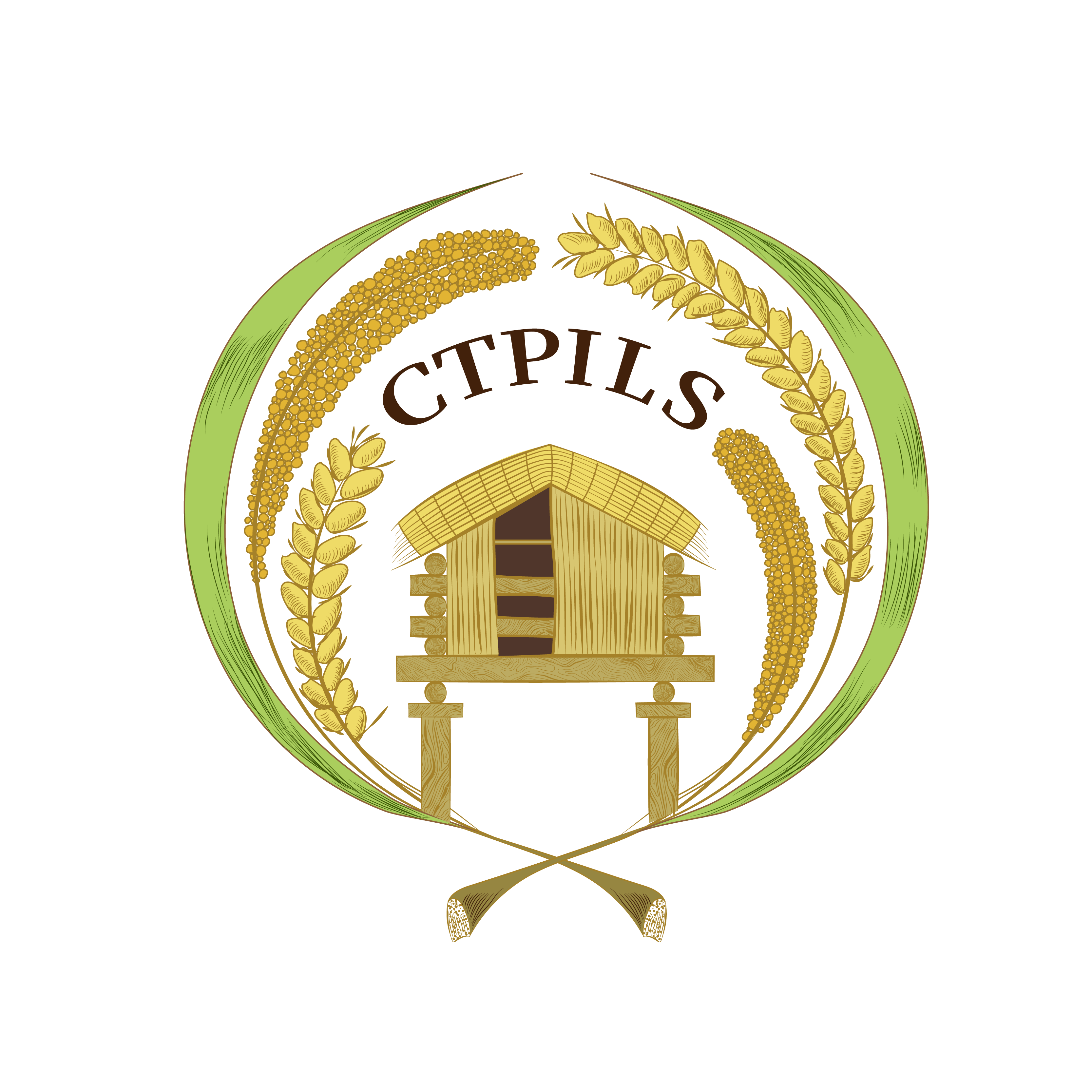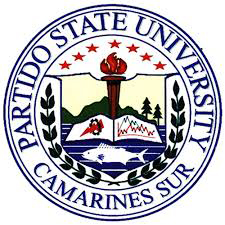
- This event has passed.
Indigenous Landscapes of Taiwan and Southeast Asia: The Last 700 Years
July 23, 2022 - July 24, 2022

Taiwan and Southeast Asia are inextricably linked by historical, cultural, and geographic processes that stretch over centuries into the present. However, collaboration among scholars who work in the region are few and far between. More importantly, Indigenous perspectives throughout Taiwan and Southeast Asia have been marginalized since the Early Modern Period. We aim to address these deficiencies by bringing together the voices of Indigenous peoples and scholars who work with Indigenous groups through a workshop that crosses contemporary political and academic boundaries to elicit and examine a more nuanced view of Taiwan and Southeast Asia, particularly emphasizing Indigenous perspectives of land and landscapes.
Indigenous peoples in Taiwan and Southeast Asia have innovatively responded to often-dramatic political, social, and environmental changes for centuries. We view these responses in terms of general ecological adaptations and frame our explanations of these transitions through a comparative perspective that emphasizes the unique advantages of a diverse academic network.
This workshop examines methodological and theoretical issues relevant to Southeast Asia and Taiwan from: uses of ethnographic analogy and historical records as data sources; applications of anthropological notions of ethnicity, culture change, historical ecology, and political economy to environmental changes; to collaborations with Indigenous and local populations. In this workshop, we bring together 20 colleagues from Southeast Asia and Taiwan whose disciplines span environmental history, geography, Indigenous studies, and archaeology to discuss ways to bring disciplinary boundaries to address pressing climate change and disaster issues.
This workshop promises to bridge the Southeast Asian and Taiwan maritime world by linking history, archaeology, humanistic disciplines, and climate and ecological studies in a period where most of our present-day environmental and social transformations started. As a research program, it has the potential to push Southeast Asian and Taiwan studies forward. It will also fill the environmental history gap in the Early Modern Period (EMP) of the region. We highlight local transformations and responses to better understand macro-level ecological change.
The workshop is hosted by the Partido State University (Goa, Camarines Sur, Philippines) and co-sponsored by the Center for Taiwan-Philippines Indigenous Knowledge, Local Knowledge, and Sustainable Studies (CTPILS) of the National Chengchi University (Taiwan), the Department of Anthropology, National Taiwan University, the UCLA Asia Pacific Center, and the UCLA Center for Southeast Asian Studies. A grant from the Henry Luce Foundation facilitated the establishment of the UCLA Program for Early Modern Southeast Asia.
Panel 1: Indigenous Perspectives in Landscapes and History
July 23, 2022, 8:30am – 10:30am
Renewed interest in Indigenous histories and landscape management systems has increased in the last decade. This is partly due to the realization that local histories and Indigenous subsistence systems could help facilitate addressing climate change issues and disaster mitigation. More importantly, however, this interest provides a space for local empowerment, multidisciplinary, and pan-national collaborations. In this panel, we bring together environmental historians and ecologists to discuss the intersections between natural and anthropogenic environmental changes in the past 500 years. Panelists discuss descriptions from documentary sources that chronicle Indigenous and/or local practices that could have contributed to environmental perturbations. The panel will also put forward colonial and state policies that contribute to marginalization of local ecological practices.
Panelists
Ruel Pagunsan | University of the Philippines
David Findley | Max Planck Institute for the Science of History
Hanni John Mediodia | University of the Philippines-Visayas
Moderator
Grace Barretto-Tesoro | University of the Philippines
Panel 2: Indigenous Ecological Knowledge, Local Ecological Knowledge, and Landscape Management in Taiwan and Southeast Asia
July 23, 2022, 1:00pm-3:00pm
Studies of Indigenous and local ecological knowledge systems started in the 1950s with the emergence of ethno-ecological approaches. Such approaches attempt to understand how a culture categorizes their world and explain the logic reflected behind these categorizations. As such, ethno-ecological investigations argued that such Indigenous and local knowledge systems are place-based, contextualized in livelihood practice, and integrated with the cosmological/social complex. In the 1990s, such localized ecological knowledge rose into prominence because of the need to establish alternative/sustainable development strategies. At this juncture, scholars and to some degree, policy makers, have realized the value of such knowledge systems in enriching the human-environment philosophies and in improving land management regimes. This panel aims to encourage such research programs through cross-disciplinary analysis of the studies that focus on Indigenous ecological knowledge, local ecological knowledge, and landscape management in Taiwan and Southeast Asia. Panelists will share their experiences in how they: 1) approach the logic of landscape management in Indigenous ecological and local ecological knowledge; 2) examine current land management regimes that influence Indigenous and local communities; and, 3) rethink the possible contributions indigenous and local ecological knowledge in improving current regimes. The panel also aims to facilitate networking among scholars and provide stronger opportunities to support community involvement in research and policy development.
Panelists
Raul Bradecina | Partido State University
Hermien Soselisa | Pattimura University, Ambon, Indonesia
Chih-hua Chiang | National Taiwan University
Da-wie Kuan I National Chengchi University
Armand Camhol | National Chengchi University
Moderator
Peter Lape | University of Washington
Panel 3: Indigenous Archaeology and the Research of Environmental History in the Early Modern Period in Taiwan and Southeast Asia
July 23, 2022, 3:30pm-5:30pm
The development of Indigenous archaeology and participation of local stakeholder communities have redefined archaeological practice in the last two decades. The emphasis on decolonial methodology forces archaeologists to rethink their relationship with Indigenous peoples and how their work impacts the production of archaeological knowledge. More importantly, the formation of the collaborative relationship between archaeologists and Indigenous peoples not only enriches archaeological interpretation by incorporating Indigenous perspectives, but also empowers Indigenous peoples to participate in the process of creating historical narratives, especially the history of human-environment interactions. As the world is grappling with climate change, the study of how the Indigenous peoples have been interacting with the environment provides alternative ways to face contemporary environmental challenges. Thus, it is imperative that Indigenous archaeology approaches are practiced in the study of the long-term process of human-environment interaction. This panel aims to bring to the fore how the collaboration between archaeologists and Indigenous peoples produces more meaningful and sustainable research outcomes. Panel members share their experiences in collaborative research. Panelists discuss the motivation behind collaboration. They will also problematize issues in collaboration such as, difficulties they have encountered in the collaboration; aspects of research that were influenced by the process of collaboration; and definitions of collaborative relationship. More importantly, the panel will emphasize how collaboration changed the way archaeologists approach research and how Indigenous communities envision such relationships. The panel hopes to contemplate better practices through the lessons we learned from these experiences.
Panelists
Chieh-fu Jeff Cheng | Academia Sinica, Taiwan
Marlon Ririmasse | National Research Center for Archaeology
Marlon Martin | SITMo, Philippines
Shinatria Adhityatama | Griffith University, Australia
Moderator
Piphal Heng | University of Hawaii-Manoa
Roundtable Closing
July 24, 2022, 9:00am-11:00am
To develop a multidisciplinary framework in understanding natural and anthropogenic changes in the Early Modern Southeast Asia and Taiwan requires an active engagement across disciplinary boundaries. By focusing on local responses to both global and local ecological change, we are also able to emphasize bottom-up perspectives. In this sense, we move away from Western colonialist view of Southeast Asia and Taiwan, which would also make the discipline relevant to various communities. The engagement among historians, archaeologists, ecologists, paleoclimatologists, and humanistic disciplines will provide a broad framework to understand the various ways in which humans respond to crises. Such integration and multidisciplinary collaboration will further strengthen environmental history, ecological studies, and environmental humanities.
The roundtable discussion will also discuss book and publication projects, community collaboration, and graduate student training. Workshop participants will break out into three work groups to discuss potential avenues for collaboration and funding applications.
Panelists
Miriam Stark | University of Hawaii-Manoa
Peter Lape | University of Washington
Chih-hua Chiang | National Taiwan University
Da-wei Kuan | National Chenchi University
Stephen Acabado | UCLA
Moderator
Patricio Abinales I University of Hawaii-Manoa
Sponsors






